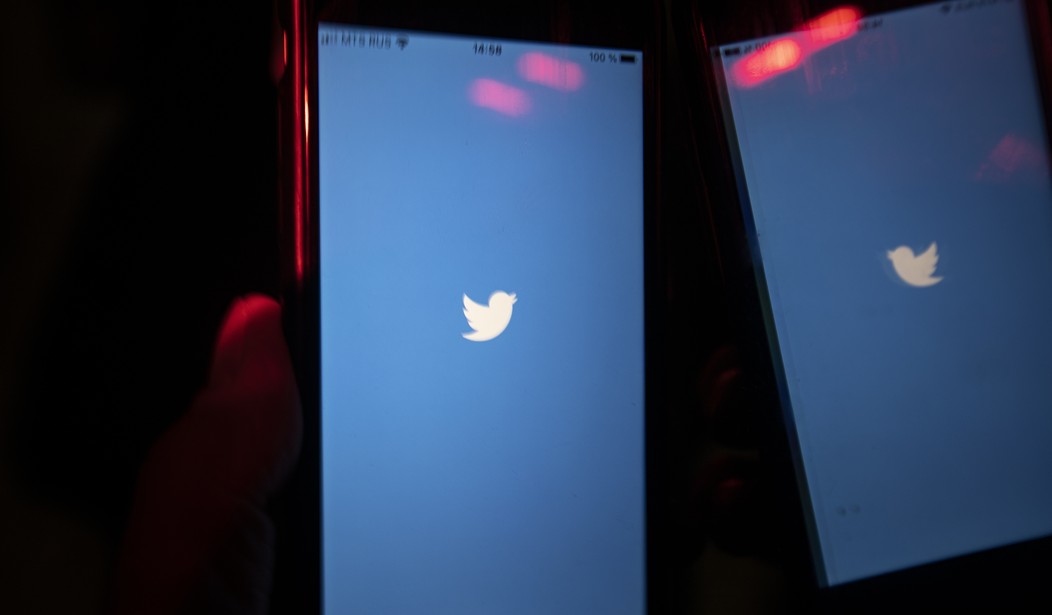For all the headlines and chatter over Jack Dorsey leaving Twitter last week, it seems nothing is changing with the social media company. Dorsey oversaw the company the same way Dickens opened A Tale of Two Cities. It was the best of times and the worst of times.
The opportunity and the obligation to take things in a new direction (or even back to basics), allowing social media to become the great distributor of ideas it originally was intended to be, was in the hands of Dorsey. And he completely failed before he bailed.
Instead, it seems that following the departure of Dorsey (the billionaire), Twitter will remain just another failing left-wing echo chamber.
It is a shame. Twitter, Facebook (Meta), and other social media companies once were powerhouses of Free Speech, a new option for those with a distrust of traditional media or fake news. Now, as these companies become solidified as a tool of the radical left to suppress conservative voices, their once-robust influence (and stock price) is sinking fast.
It was not that long ago when opinions from many sources and perspectives were available on social media. Today, not so much. Frankly, it is boring. Many open-minded individuals are hungry for a fair platform that welcomes all ideas and ignores the cancel culture. When information from multiple perspectives is shared, better ideas and action result – and it is more exciting, too.
With protections provided by the 1996 Communications and Decency Act, specifically Section 230, the popularity and value of social media companies skyrocketed. With these protections that remain today, there is no liability for social media companies for the content posted to their platforms. With no danger of lawsuits, there was zero need to censor free speech, which allowed discussions and debates to thrive.
Recommended
Unfortunately, like so many other good things they try to destroy, the radical left seems determined to ruin anything that could present an alternative to their point of view. Their pursuit of taking over Twitter and other social media companies is the very thing leading to the downfall of big technology companies.
We all should have the same opportunities (or equal rights under the law at least) to advocate for a position or share a message and seek to influence opinions in the marketplace of ideas. Unfortunately, just like so many in the traditional media, social media executives decided to limit so many activists, or worse, like in the case of former President Trump, eliminate the possibility to share information, opinions, or perspectives.
Silencing conservative voices or blocking opinions is a direct attack on Free Speech. These blatant violations are unconstitutional yet, surviving under government protection from Section 230. It is time to take these protections away and let these companies sink or swim. At this point it should be more than clear what limiting free speech does to “we the people” while taking us to a lower common denominator for the sake of temporal control by an elite few with bad ideas.
While big money from technology companies will continue to fight hard to protect themselves and the 230 protections, the blatant violations against Free Speech will hopefully force an end to the immunity from legal action currently enjoyed by big tech. Once the lawyers are clear to sue, it will be a game-changer – or perhaps, it will be game over.
In what may be the first test of this theory, earlier this summer, Donald Trump sued the big technology companies (YouTube, Facebook, and Twitter) to overturn his suspension. It was a poor business decision by the technology companies to ban him and so many other conservative voices in the first place. As the case continues to make its way through the legal process, win or lose, the debate surrounding the section 230 protection comes into play.
So far, it looks like Parag Agrawal, Dorsey’s successor, along with the other social media company executives, will continue this dangerous path – and nothing will change.
Embracing woke culture at the expense of Free Speech will likely lead to the world of social media as we know it to end in the style of T.S. Elliot, not with a bang, but a whimper. Let’s accelerate it by eliminating the 230 protections.
Shaun McCutcheon, a Free Speech advocate, is an Alabama-based electrical engineer and inventor. He was the successful plaintiff in the 2014 Supreme Court case McCutcheon v. FEC.

























Join the conversation as a VIP Member